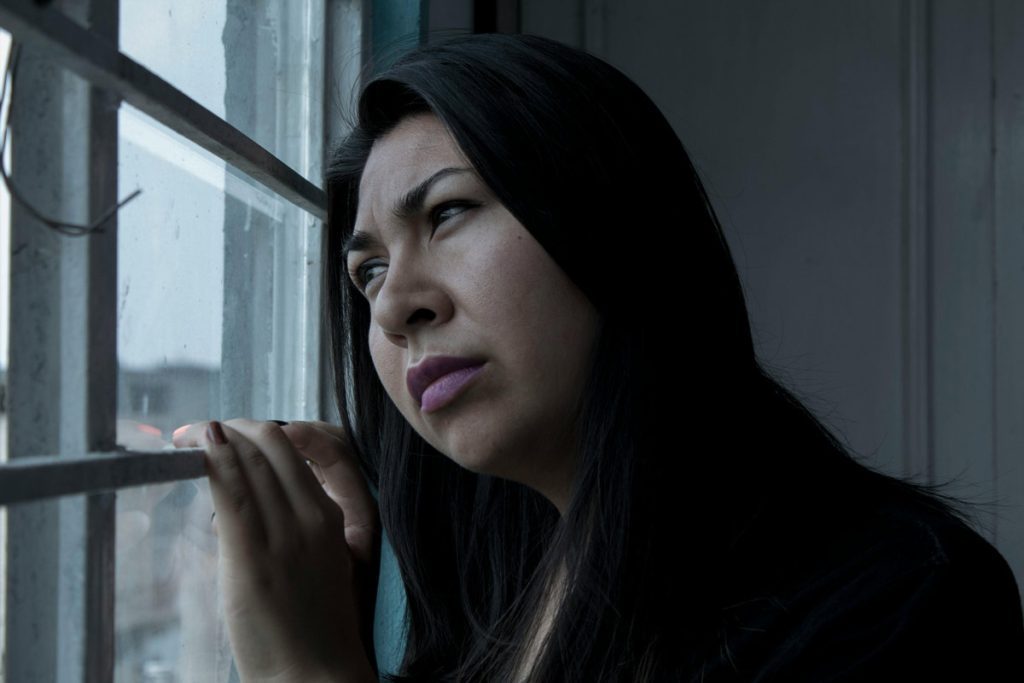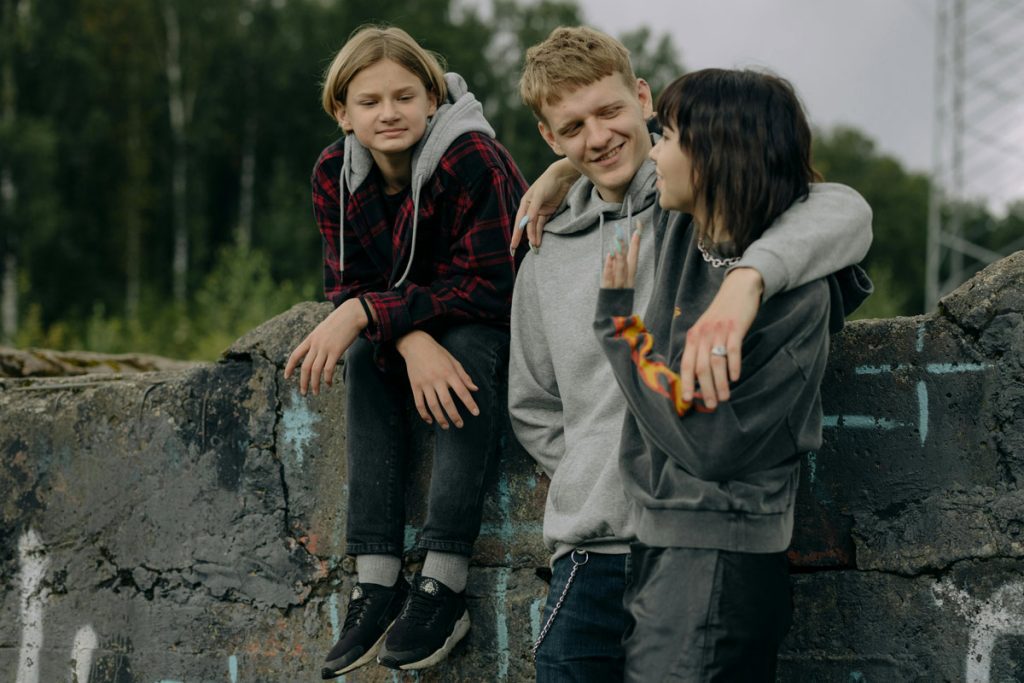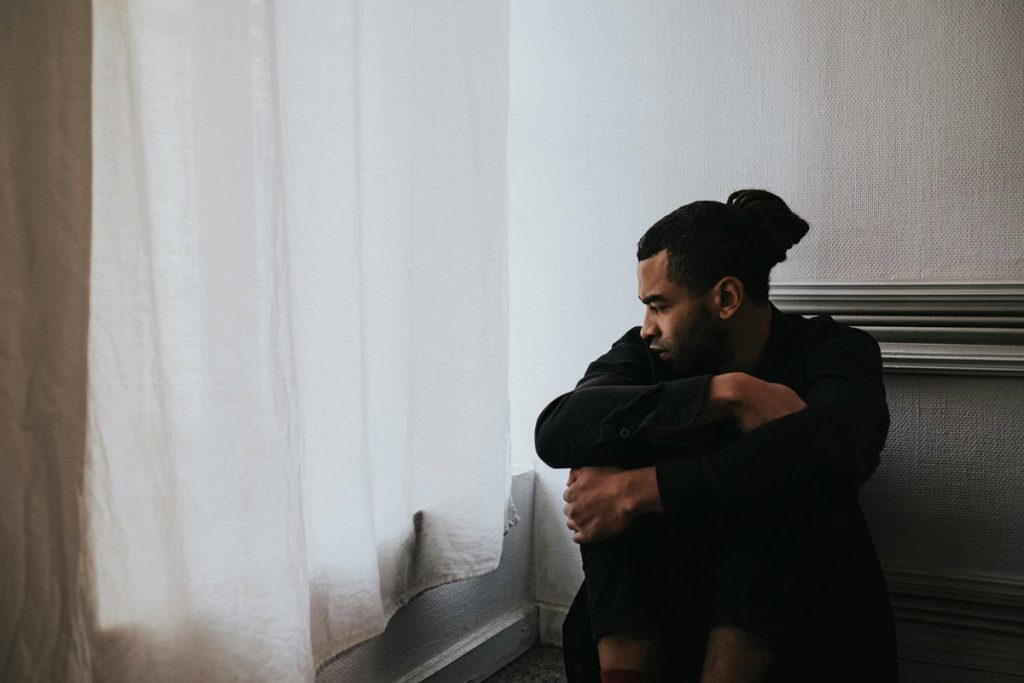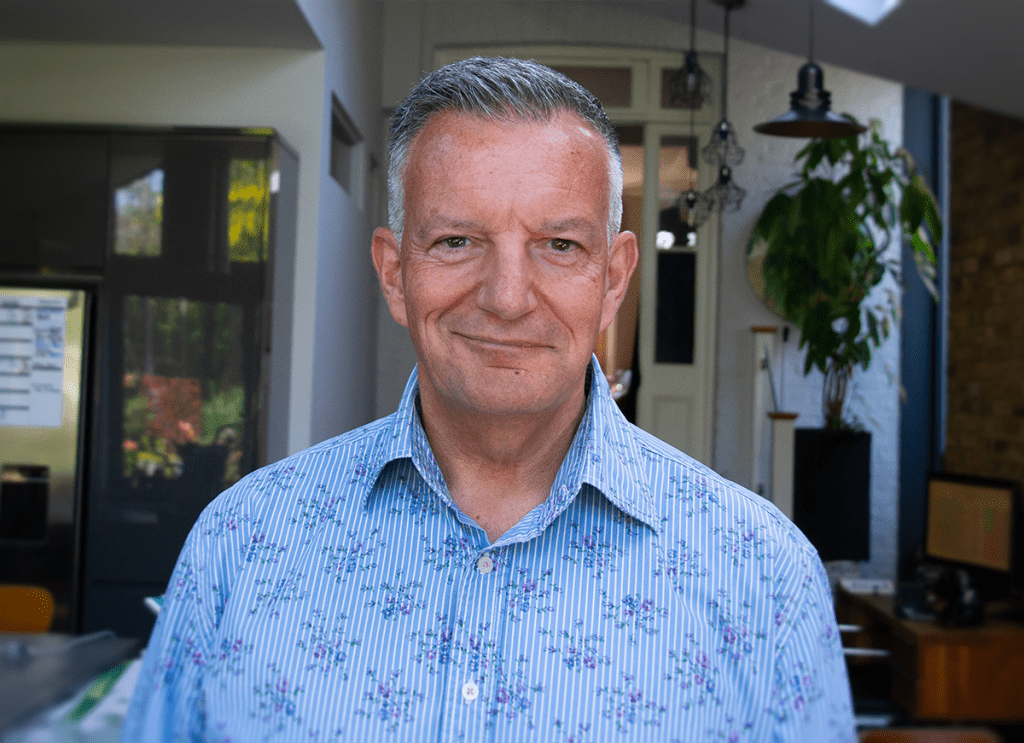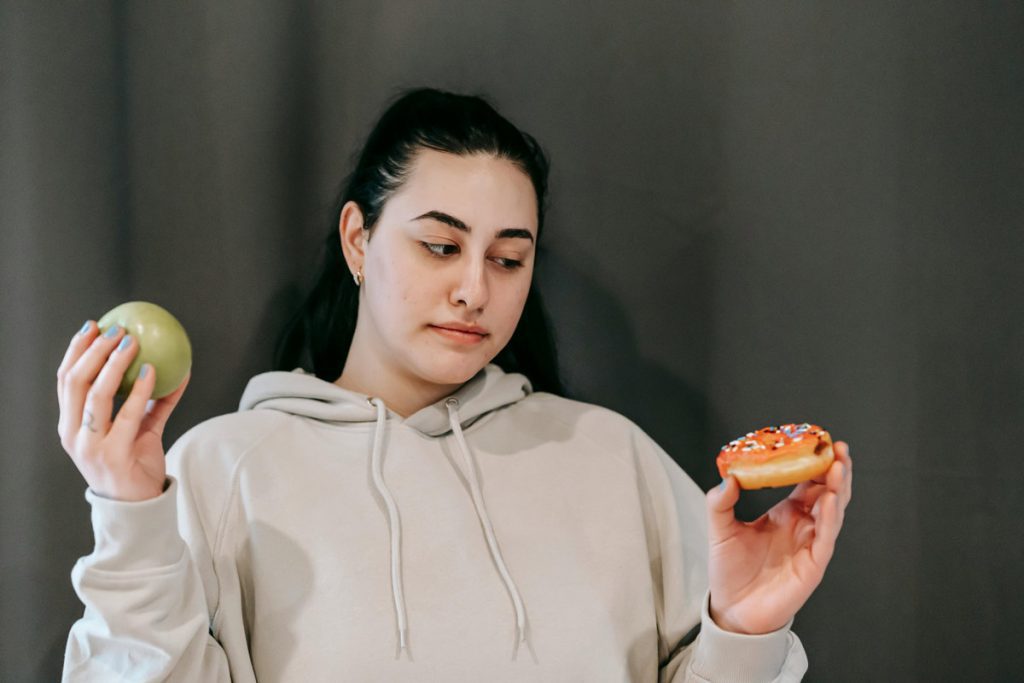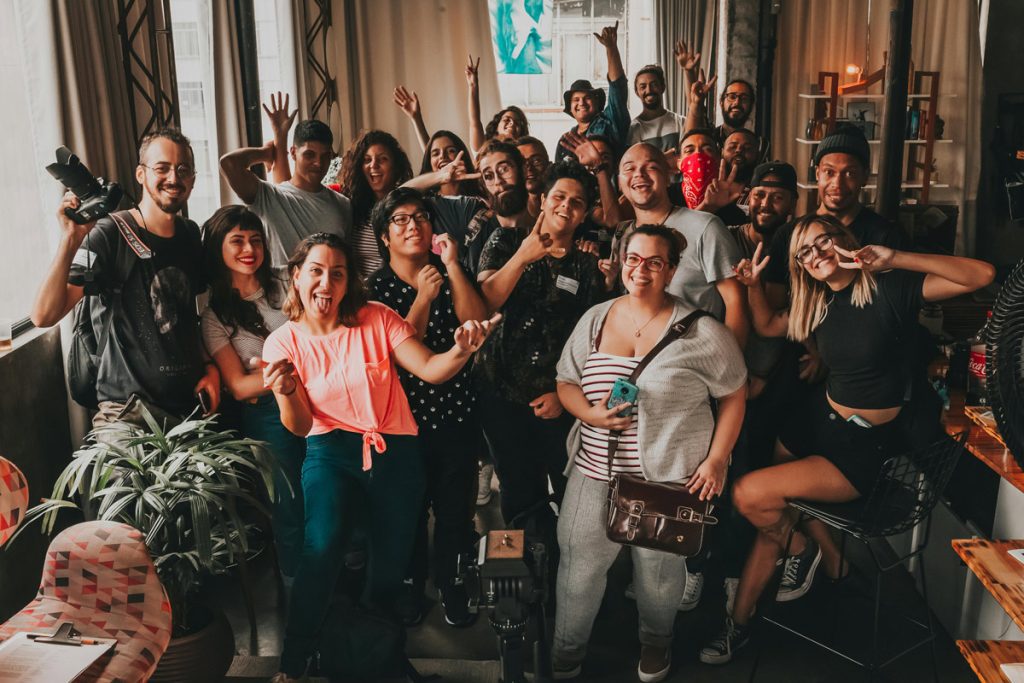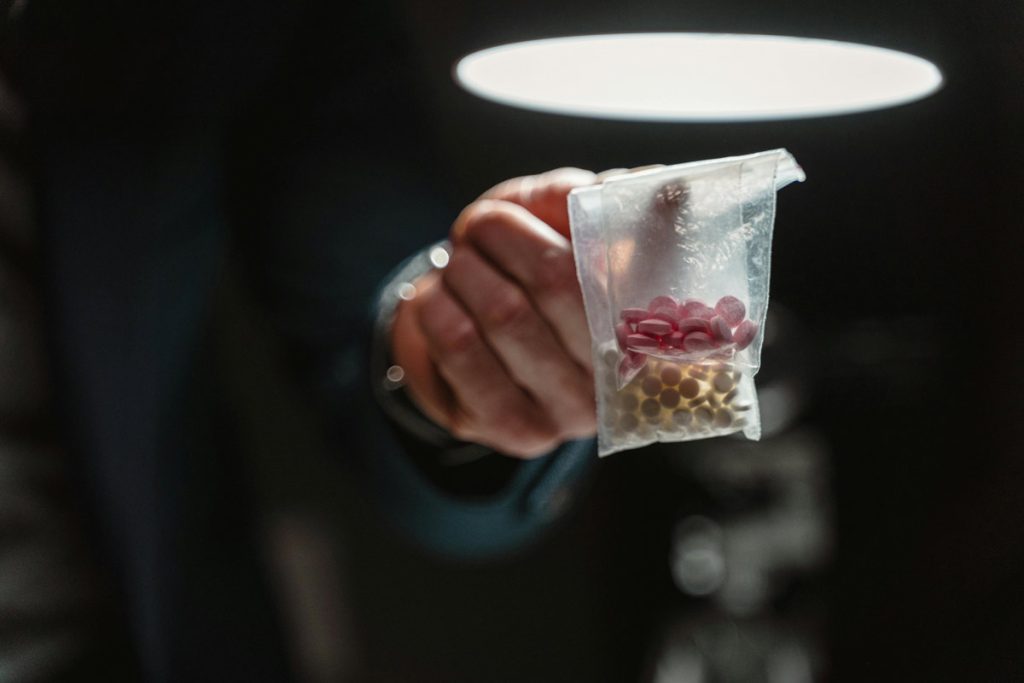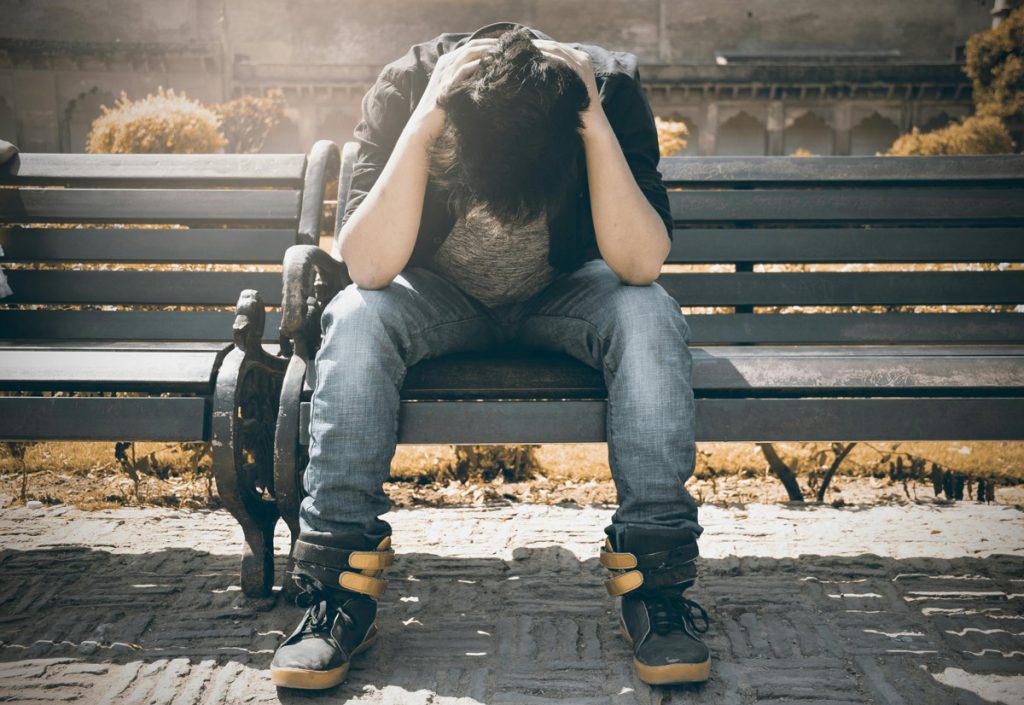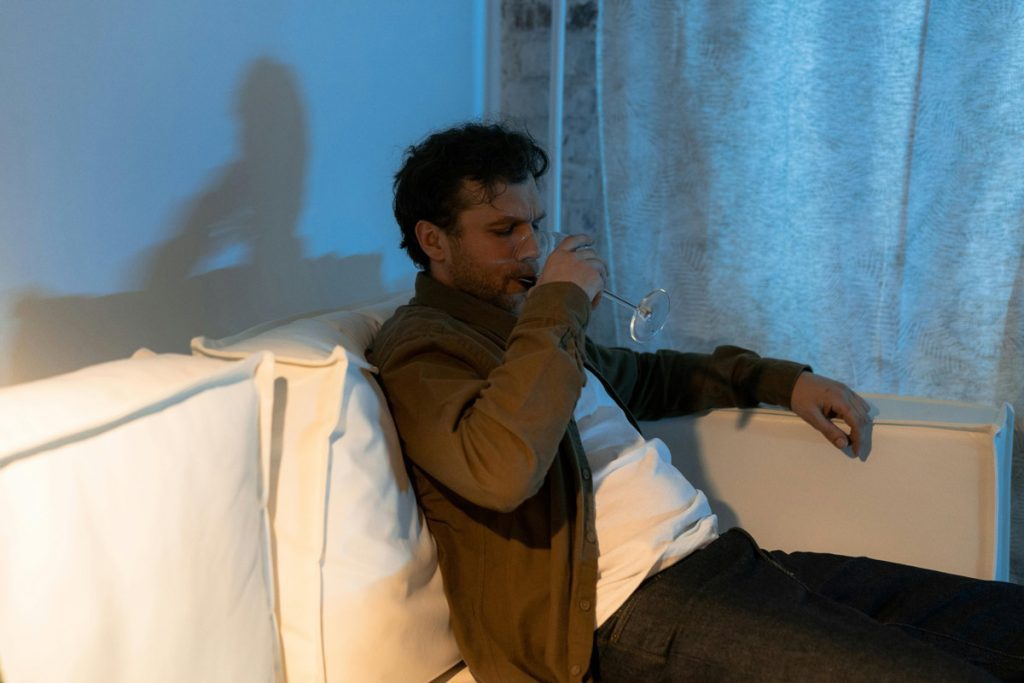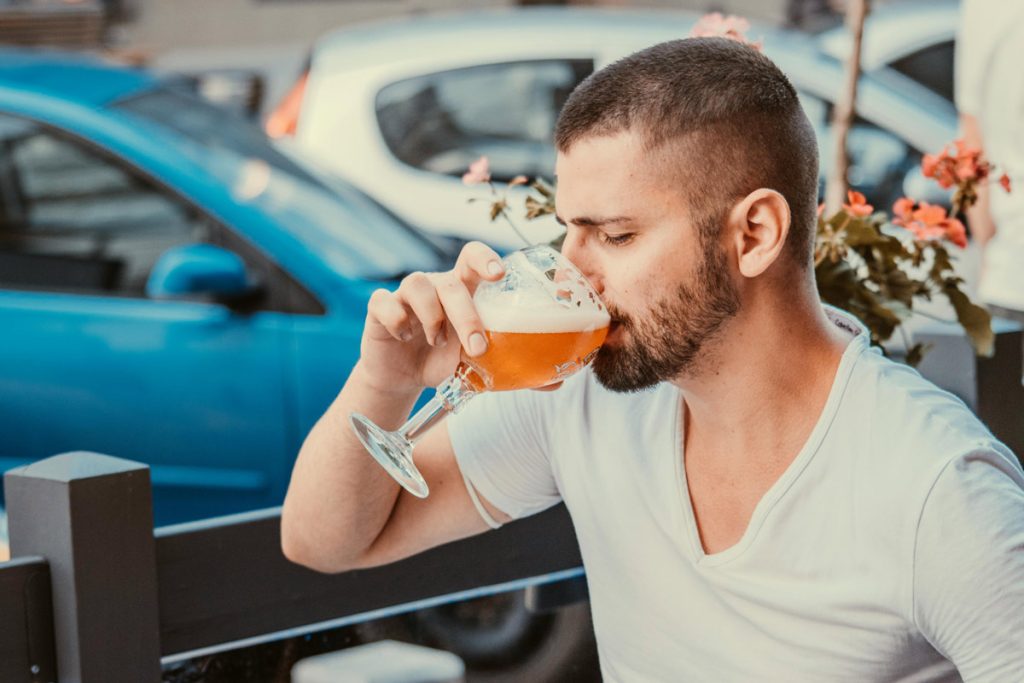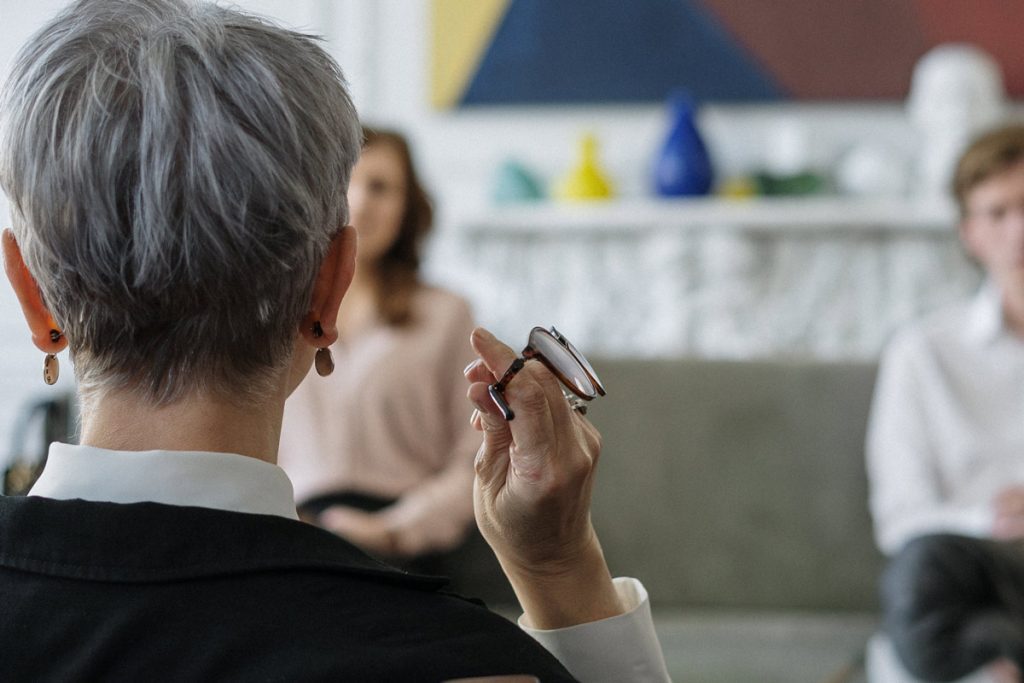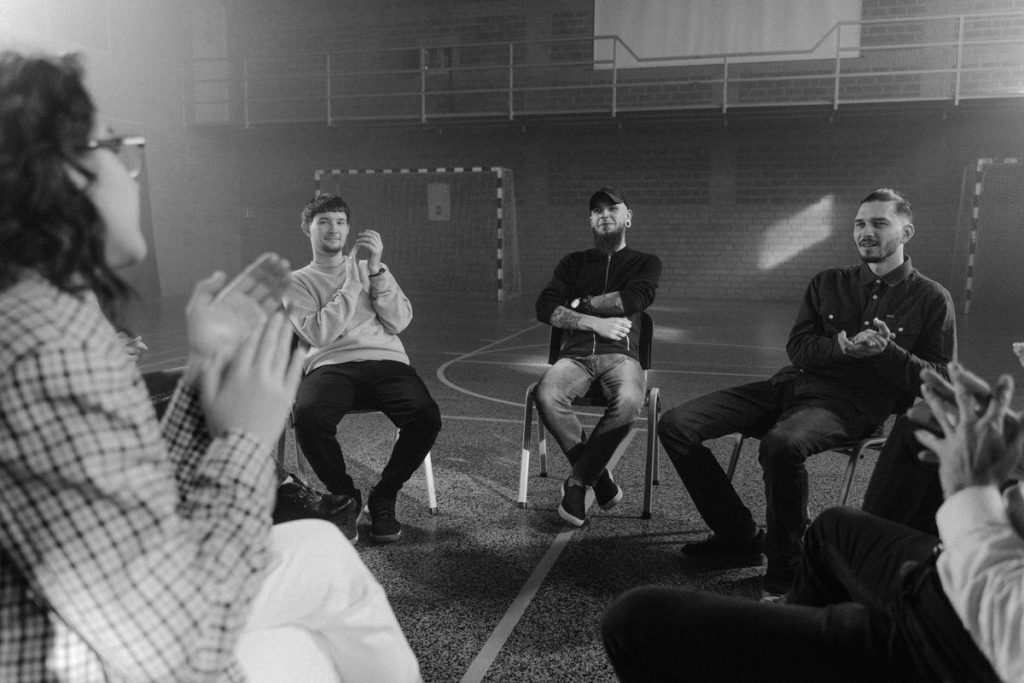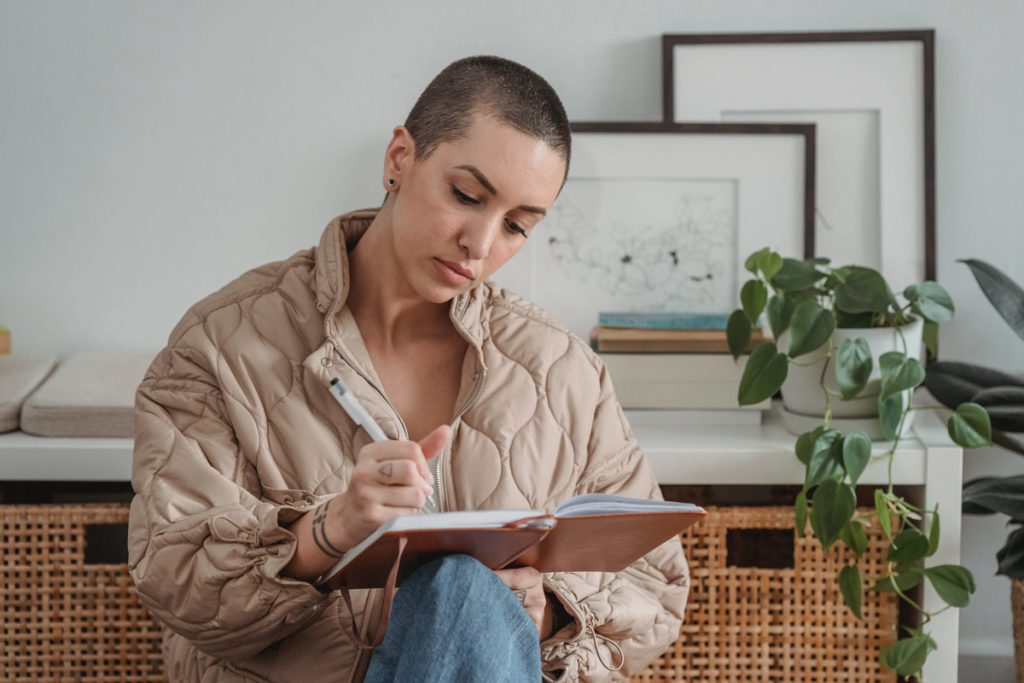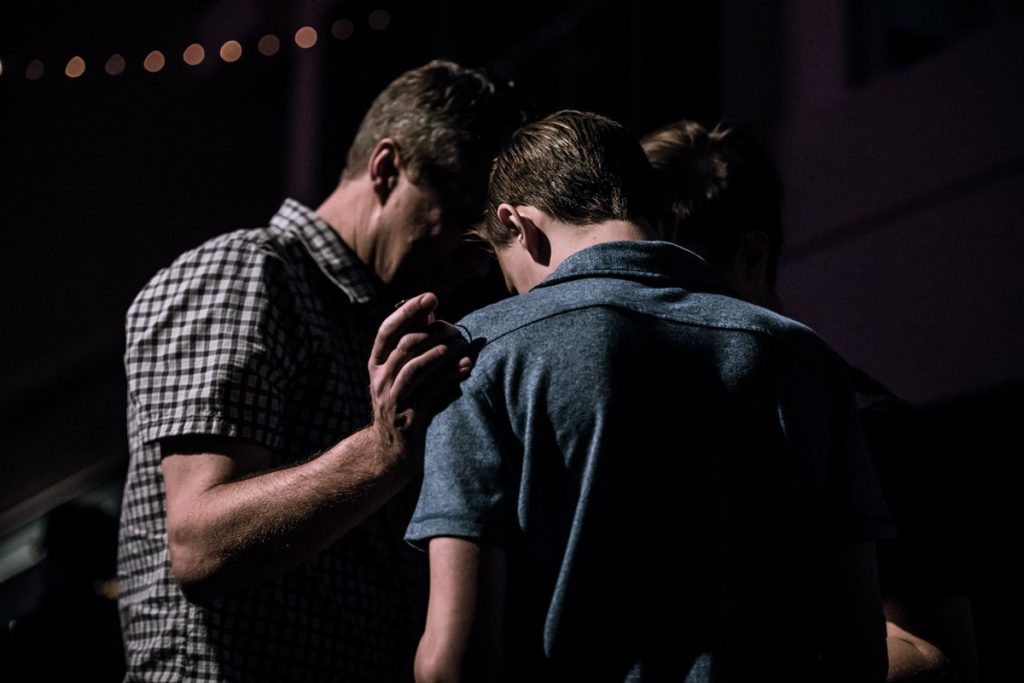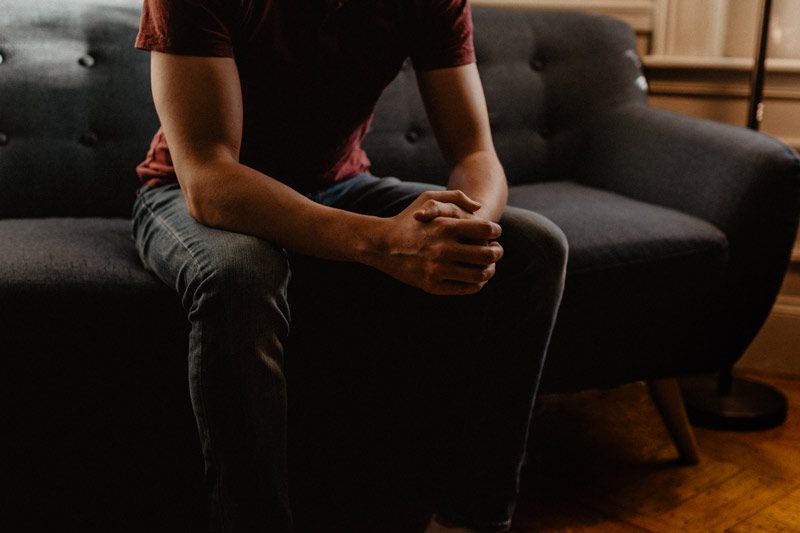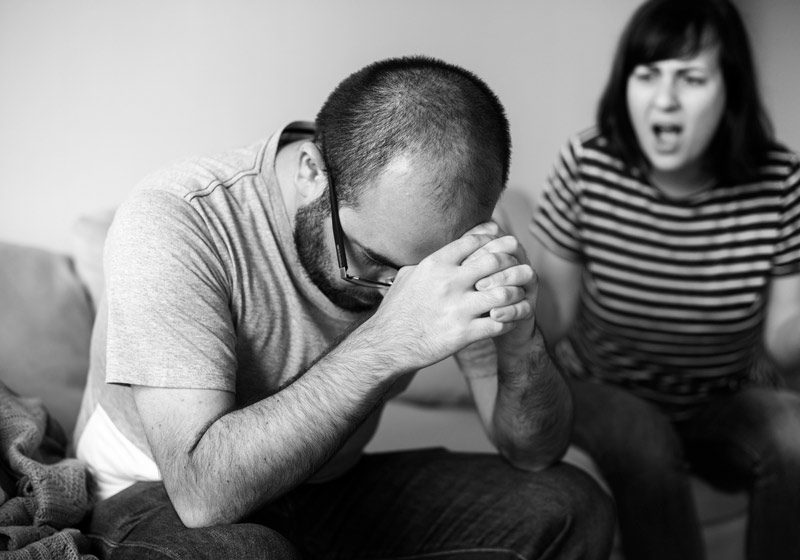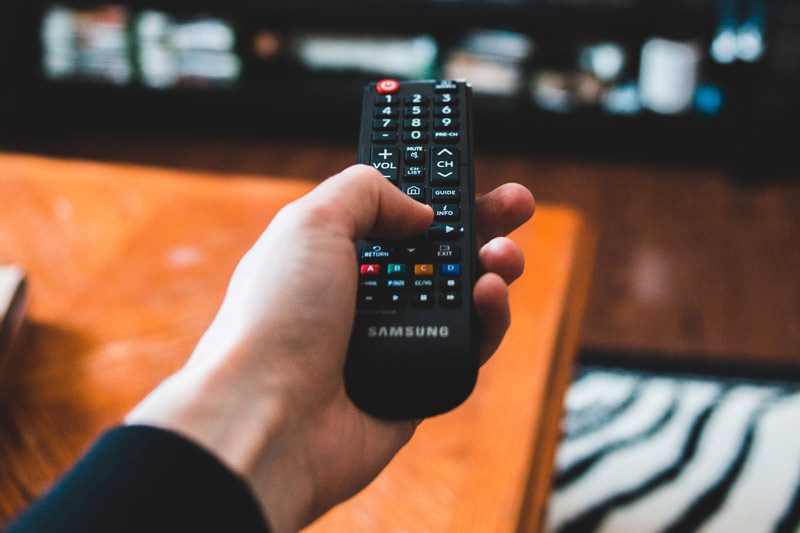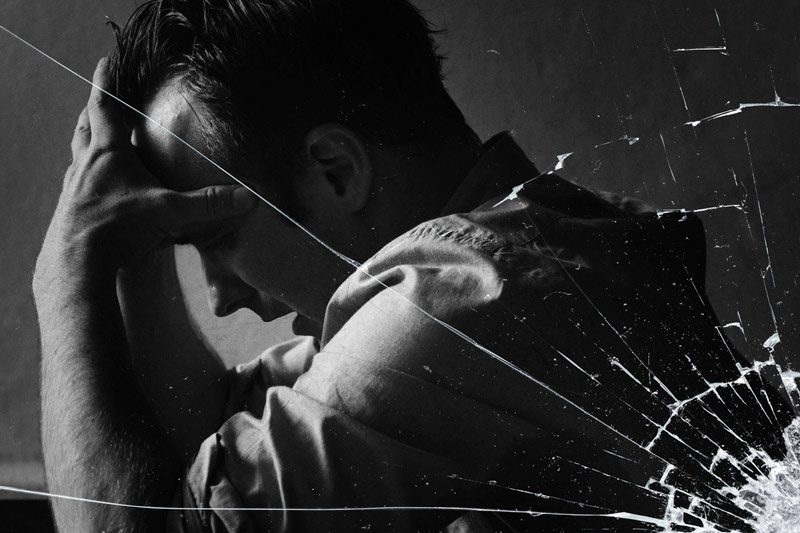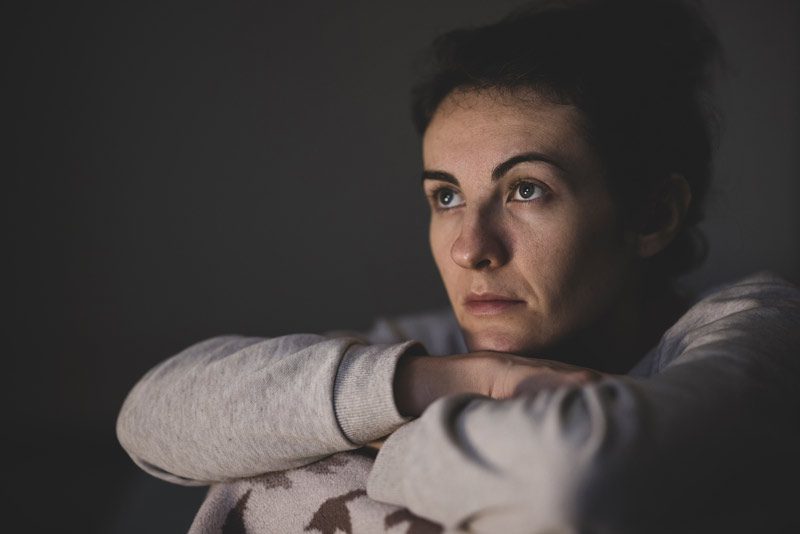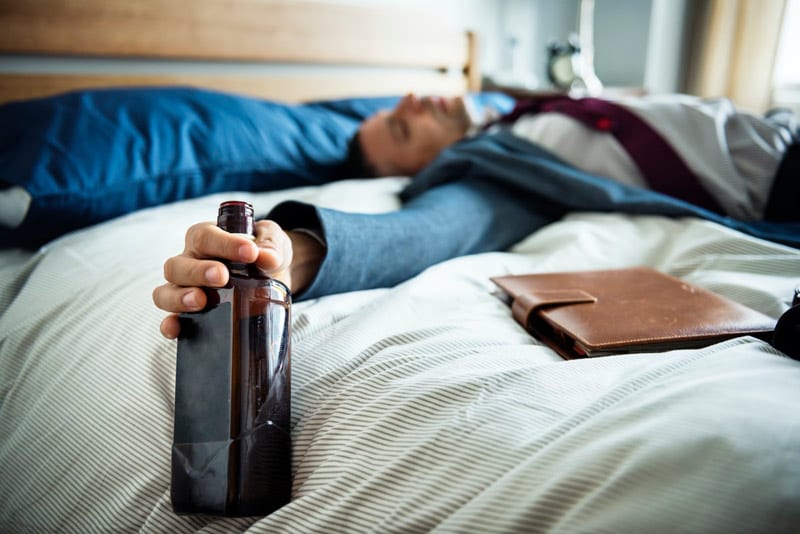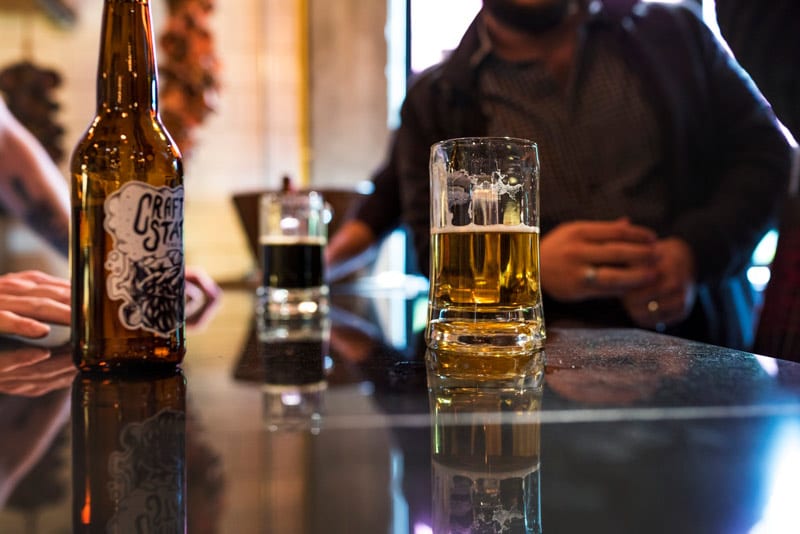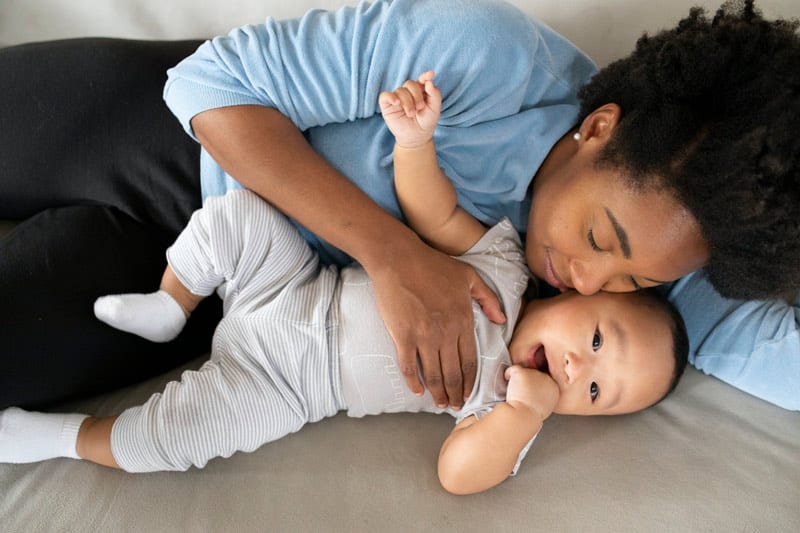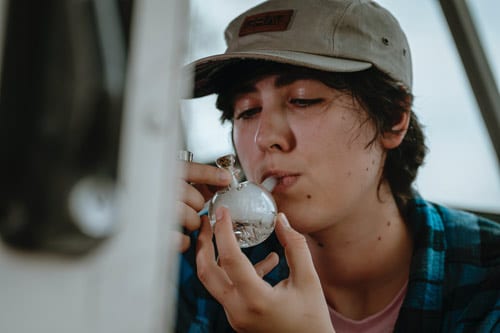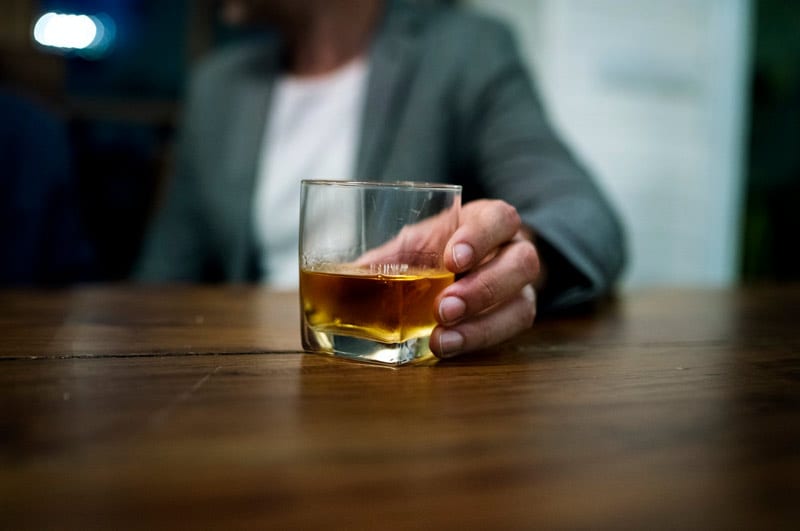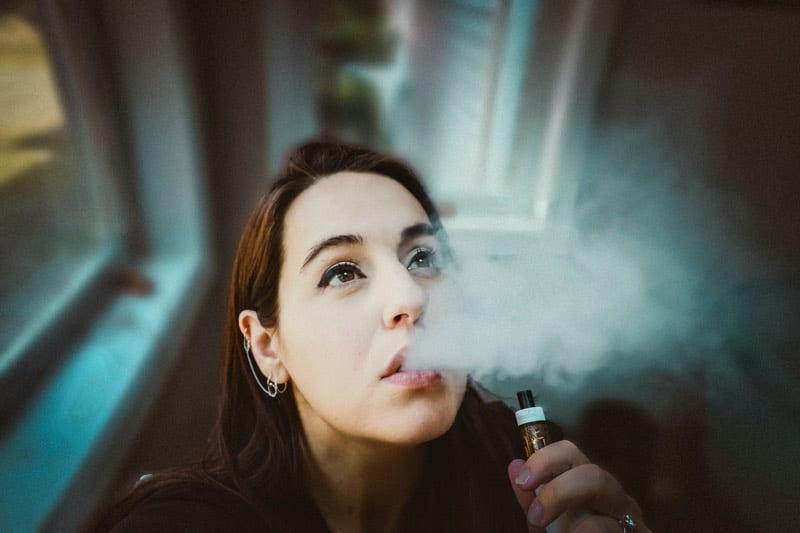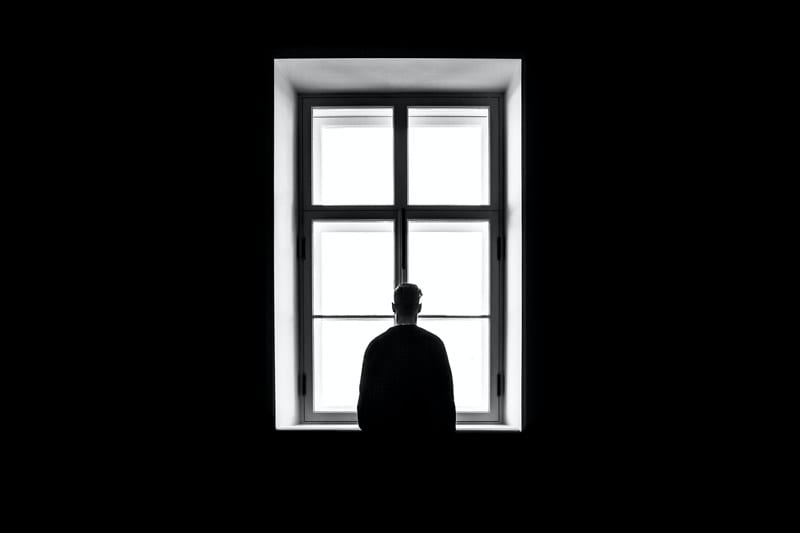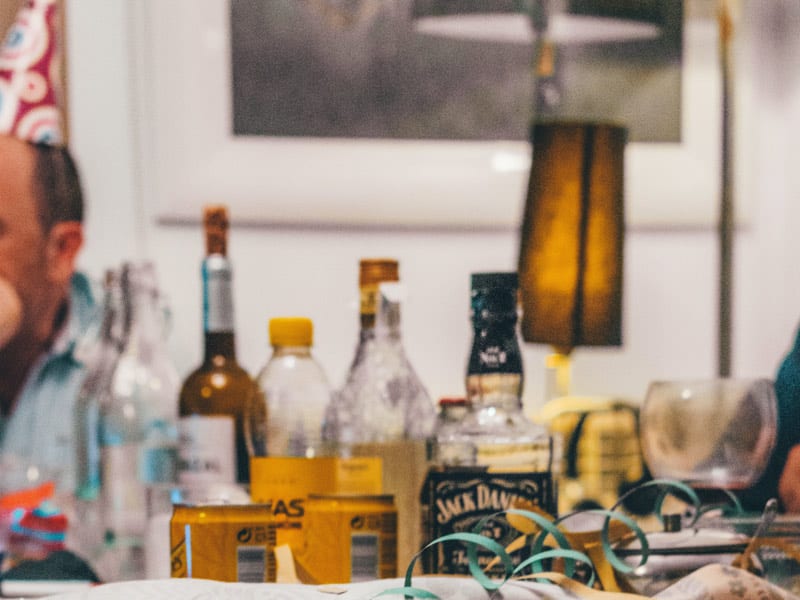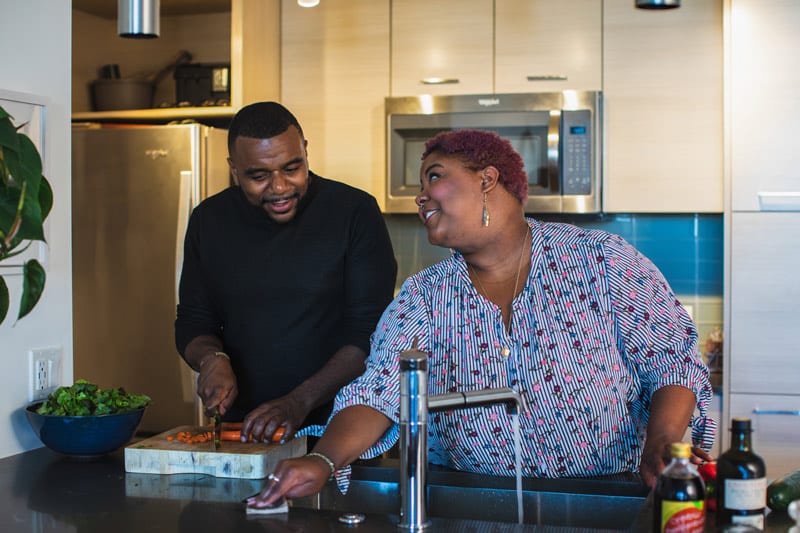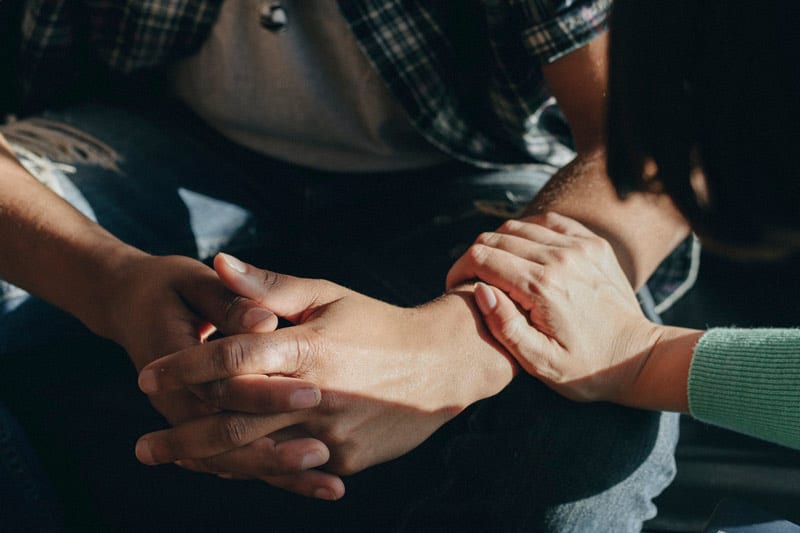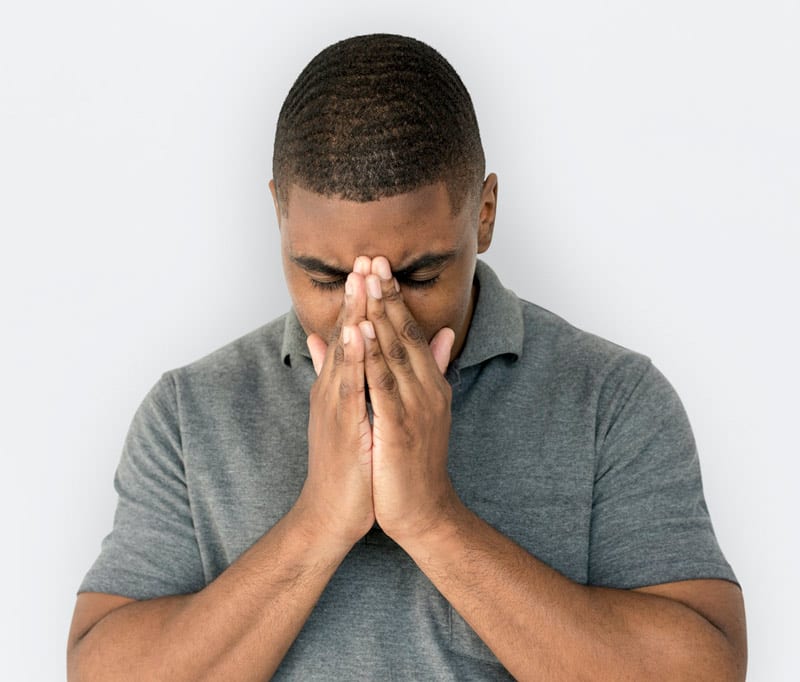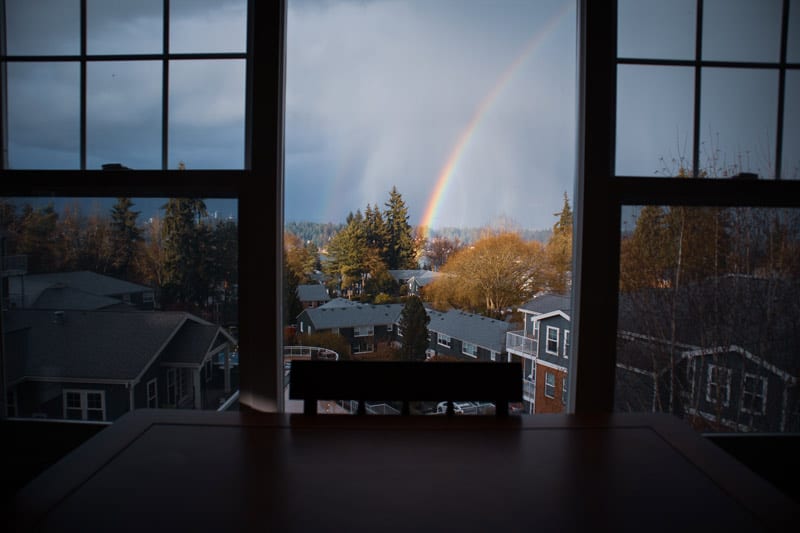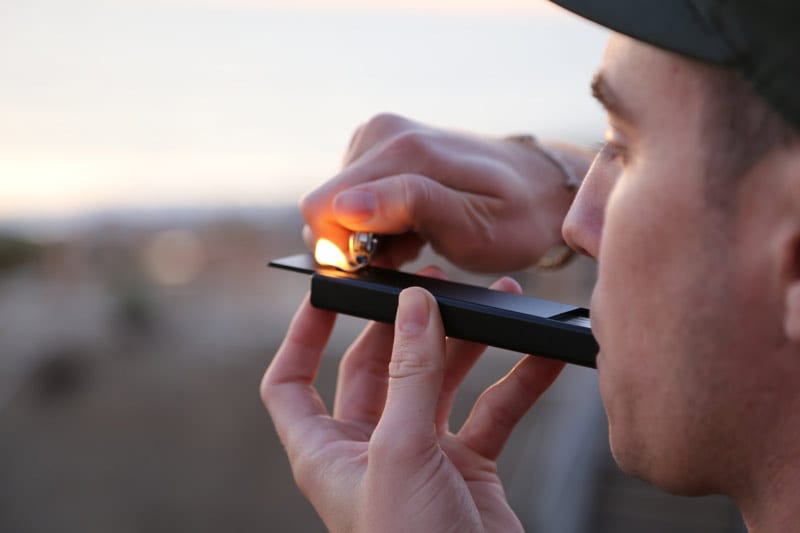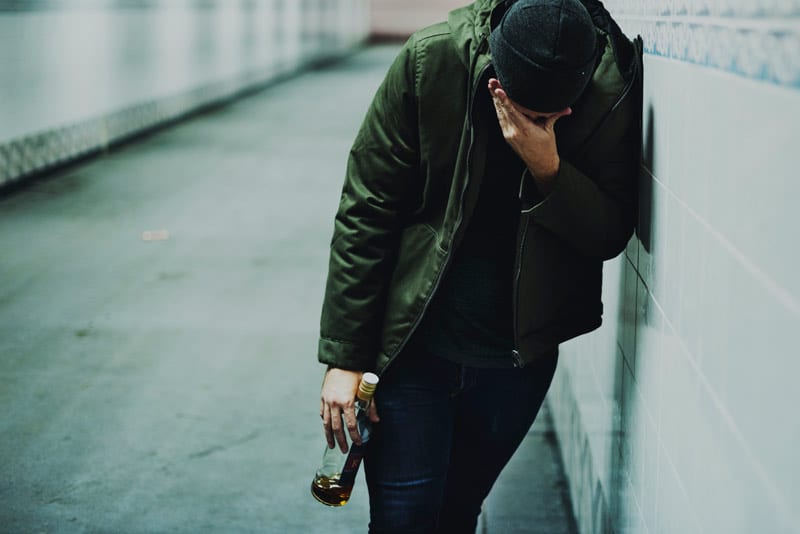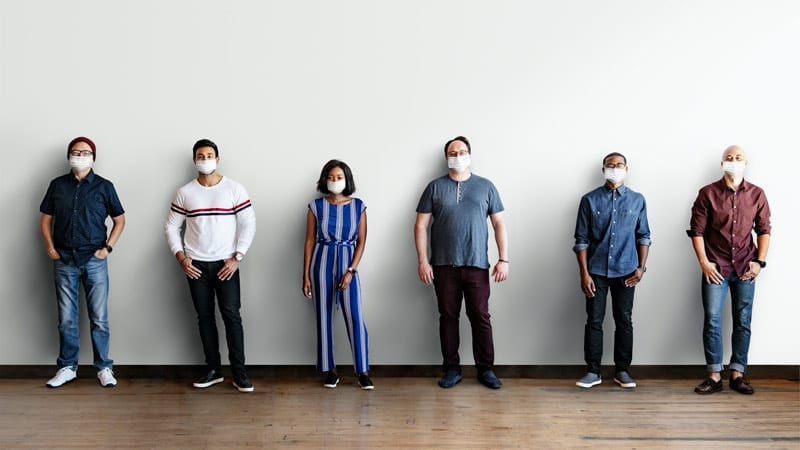More middle-aged women are dying from opioid overdoses, with a 260% increase in fatalities, according to research by Pathways Recovery Center. This research highlights the rising impact of opioid overdoses on middle-aged women, revealing a concerning link between the lack of targeted addiction treatment and increasing mortality rates in this group. For many women, the […]
Our Latest Blogs
Peer pressure can feel like an invisible hand steering decisions—especially for teens and young adults. Whether it’s the urge to fit in, avoid rejection, or gain approval, this social pressure often pushes people toward choices they wouldn’t make on their own—including experimenting with drugs or alcohol. Understanding how peer influence works and why it’s so […]
Sobriety is often described as an emotional minefield. When the numbing effects of alcohol or drugs wear off, what’s left can be overwhelming. For many, sobriety feels like standing in front of a mirror after years of avoiding eye contact. Seeing yourself as you are can feel vulnerable, raw, and, more often than not, extremely […]
Methamphetamine, commonly known as meth, is a powerful and highly addictive stimulant that affects the central nervous system. Its effects on the brain are both immediate and long-lasting, often resulting in severe physical, emotional, and cognitive damage. Understanding how meth alters brain function is crucial for recognizing the dangers of use and the challenges faced […]
Attention-deficit/hyperactivity disorder (ADHD) and addiction are closely linked, creating significant challenges for individuals struggling with both conditions. ADHD is a neurodevelopmental disorder characterized by inattention, hyperactivity, and impulsivity, which can contribute to an increased risk of substance use disorders (SUDs). Understanding the connection between ADHD and addiction is essential for developing effective treatment strategies that […]
I suppose the first thing to say is that ‘overcoming’ addiction is a bit of a reach. For me, it is ‘one day at a time,’ an ongoing daily process. But after ten years of sobriety, I’m delighted to say that the ‘beast in me’ (a Johnny Cash refrain) is a long way down the […]
It was a typical day as the Medical Director of a methadone clinic. I sat down with a new patient and explained how treatment works, the clinic’s rules, and requirements for counseling and drug testing – everything I thought she needed to know. She listened patiently, then calmly said, “I know. This isn’t my first […]
Breaking free from addiction is a remarkable triumph, yet the emotional aftermath can weigh heavily on the soul. Low self-esteem often lingers, casting shadows of doubt and guilt. Many people struggle with self-worth during addiction recovery, questioning their values and abilities. Without self-esteem, the risk of relapse increases, as negative thoughts can easily pull a […]
Addiction is a powerful force that can profoundly impact every aspect of a person’s life. Whether it is addiction to substances like alcohol or drugs or behavioral addictions such as gambling or technology use, the grip of addiction can feel overwhelming. However, addiction is not a life sentence. With the right strategies and support, individuals […]
Recovery is often viewed through a physical lens—whether it’s overcoming addiction, rehabilitating from an injury, or healing after surgery. However, recovery is just as much a mental process as a physical one. Without addressing emotional well-being, stress management, and mental resilience, the recovery journey can become far more challenging and sometimes lead to setbacks. Recognizing […]
Addiction recovery is a journey that requires addressing not just the substance dependency but also the lifestyle choices that can affect physical and mental health. Among the many factors influencing recovery, diet plays a crucial role. While eating habits might seem a secondary concern, the impact of sugar and processed foods on the body and […]
These days, the word addiction turns up a lot in casual conversation. People tell you they’re addicted to their cozy PJs or their daily run on the treadmill. Since I grew up in the Stone Age before smartphones and social media, my mind immediately goes to alcohol or drugs whenever I hear the word addiction. […]
Facing mental health challenges, addiction, or both can feel isolating, as though no one truly understands what you’re going through. However, finding genuine connections with others can make all the difference in your recovery. These connections can provide encouragement, accountability, and a much-needed sense of belonging. As someone in recovery myself, I’ve seen firsthand the […]
Alcohol addiction is commonly associated with serious life disruptions, strained relationships, and noticeable declines in health. However, some individuals manage to maintain a steady job, active social life, and outwardly stable lifestyle despite drinking heavily. This phenomenon, often referred to as “high functioning alcoholism,” raises questions: Is it possible to be a functioning alcoholic, and […]
Potentiation is a term widely used in psychiatry, pharmacology, and the study of substance use. It is the process by which one substance enhances the effects of another when used together, resulting in amplified therapeutic benefits or increased risks of adverse effects. Potentiation plays a significant role in psychiatric medication management, substance use, and understanding […]
Addiction recovery is a challenging journey that involves not just the physical act of overcoming substance dependence but also the emotional, psychological, and social aspects of rebuilding one’s life. One of the most powerful yet often overlooked tools in this process is the role of routine and normalcy. Establishing a stable, predictable daily routine can […]
Understanding the relapse process is crucial for addiction recovery. It’s rarely a straight line to sobriety, and there are plenty of subtle emotional and mental forces that can set you back. Setting personal guardrails, retraining your brain from instant gratification, and understanding the importance of long-term goal-setting can help you avoid potential pitfalls. No matter […]
In today’s world, mental health and addiction issues are pervasive challenges that affect millions of people across various demographics. Despite increasing awareness, the barriers to seeking help for these conditions remain significant. A major contributor to these barriers is stigma, which often prevents people from pursuing treatment due to fear of judgment, discrimination, and isolation. […]
What Does Self-Medicating Mean? Self-medicating means abusing drugs or alcohol to manage symptoms of a mental health disorder or other illness. It’s a common form of substance abuse. According to a survey, 77% of Americans have reported self-medicating for a health condition. Read on to learn more about the substances, risk factors, dangers, and treatment […]
Trauma and addiction are two interconnected issues that can have a profound impact on a person’s life. The experience of trauma, whether it be physical, emotional, or psychological, can lead to a higher risk of developing an addiction. Studies show that individuals who have experienced trauma are more likely to develop a substance use disorder […]
Alcohol consumption is a common activity at social gatherings, celebrations, and everyday life for many people. Understanding how alcohol affects the brain is crucial for making informed decisions about consumption. From impairing judgment to impacting memory and motor skills, the effects of alcohol on the brain can be far-reaching and profound. Let’s explore the neuroscience […]
Addiction is a widespread problem that not only affects individual users but also seriously damages relationships, especially romantic ones. A crucial component of any treatment approach for addiction may be couples counseling. Couples therapy for alcoholism and other addictions is crucial to heal resentments and work through the distrust that has naturally occurred as part […]
Reaching out for help with addiction takes a great deal of courage, and many people focus only on the detox process or the therapy required for recovery. However, self-care in addiction recovery is equally important. During addiction treatment, your care plan will probably include things like group therapy sessions, giving you a chance to relate […]
Cognitive Behavioral Therapy (CBT) is a form of psychotherapy that focuses on changing patterns of thinking or behaviors that can lead to problems in your life. CBT is a highly effective evidence-based practice used to treat a range of mental health problems, including anxiety, depression, and addiction. If you’re struggling to stay sober, CBT might […]
The holiday season, often considered a time of joy and celebration, can be a challenging period for many individuals, especially those navigating the twisting path of addiction recovery. For those who have embarked on the journey to overcome substance use disorders, feelings of loneliness during the holidays can be particularly troubling. The struggle to maintain […]
**Updated on 11/26/24** Navigating the holiday season while in recovery can be both challenging and rewarding. With a season full of parties, family gatherings, and potential triggers, it’s essential to have a plan for staying sober. This guide outlines actionable strategies to help you maintain your sobriety during the holidays, allowing you to enjoy the […]
He was the kind of kid who didn’t back down from a confrontation. But this day, as he sat in my office with his head in his hands, he never met my gaze. Instead, he recounted an earlier event when he took medication from a sick relative to get high. He didn’t look at me […]
If you’re in addiction treatment, most centers will have you develop a relapse prevention plan at some point. The goal is to avoid relapse entirely, but life happens, and for many people, relapse becomes a stepping stone on the way to permanent sobriety. A relapse is when you drink or use again after a period […]
“The package came in the mail for my daughter—I put it on the counter with everything else. I didn’t give it a second thought. Why would I?” My friend—a retired cop—had called me every day and spoke the exact same words, sometimes more than once in a single conversation. The strange thing was that his […]
Enabling is a pattern of behavior in which a parent, partner, or loved one with addiction issues assists or supports that person’s harmful or self-destructive habits, often unintentionally. This can take many forms, such as giving someone money or covering up for a loved one’s relapse. Enabling can come from a genuine desire to help, […]
Substance use has come under the spotlight again in recent years, due to the opioid crisis, which has affected millions of Americans. Opioids aren’t the only substance being abused, of course—21.4% of people 12 and over have used illegal substances or abused prescription drugs in the last year. While not all of them became addicted, […]
While there’s no denying that opioids can effectively treat pain, opioid addiction doesn’t discriminate and can affect anyone—even those who take the drug as per their doctor’s instructions. Because of this, learning about what opioid addiction is, how to recognize it, and how to prevent it is of utmost importance if you or your loved […]
Most of us know how great alcohol can make us feel—and how terrible. However, the adverse effects of drinking can extend well beyond a Sunday-morning hangover. For some people, regular alcohol use can also contribute to depression, anxiety, or a generally low mood. These effects won’t necessarily be severe for a casual social drinker, but […]
Choosing between inpatient and outpatient rehabilitation programs isn’t easy, especially if you’re dealing with an addiction to alcohol or drugs. On the one hand, going to inpatient rehab allows you to fully immerse yourself in your recovery and work one-on-one with professionals who can help you overcome the hurdles around recovery while providing 24/7 support. […]
Here’s an alarming statistic: around 14.5 million Americans have an alcohol use disorder. What’s even more worrisome is that alcohol dependence not only affects the individuals with the addiction; it also affects their families. No wonder alcoholism is sometimes referred to as a family disease. Without alcohol treatment, the condition not only affects individuals’ physical, […]
Communication is the bridge that connects us to others. If we build it the wrong way, sooner or later, it will tumble down. Rebuilding communication is even more challenging for people in recovery from addiction. They frequently feel frustrated and irritable and often act aggressively toward others. In this article, we’ll discuss the ways to […]
Porn addiction is a topic that is often ignored and rarely recognized. Porn addiction develops early, particularly in young men. Usually, it begins when puberty sets in and sexual attraction is a brand new feeling. Porn becomes the default method for dealing with these foreign feelings at that age and generally sticks around. Most people […]
You love your family. You cherish your friends. You find pleasure and fulfillment in your work. You have every reason to be a happy, well-adjusted person in almost all respects. Sometimes, though, the pressures of the day and the inevitable challenges of life get to be too much. You lash out. You lose control and […]
Each year, over 96,000 Americans die due to drug overdose. The internet has made addictive activities such as gambling, porn, or shopping more accessible than ever. But it’s also opened the door for access to treatments such as virtual psychotherapy. If you or a loved one are struggling, you may be considering whether therapy is […]
As a Clinical Psychologist, I am often asked by families to assist them in finding an appropriate treatment program for a loved one with an addiction problem. The addiction can vary from drug or alcohol dependency to video gaming and gambling. One of the ways I help my clients and their families is by exploring […]
Since early 2020, the COVID-19 pandemic has created challenges in many people’s lives. But for people with a substance use disorder, the stress of the pandemic may pose unique risks. It’s not uncommon for people to use drugs or alcohol to cope with difficult situations or feelings. Even those without a history of substance abuse […]
Addiction is a chronic and relapsing disease. While there is no cure for addiction, it can be effectively treated. This typically involves a combination of medication-assisted treatment and psychotherapy like CBT (cognitive behavioral therapy). Of the 20.4 million over-12s diagnosed with substance use disorder in the United States, there are some key differences between men […]
I am 6 years old. My dad and mom are fighting—this time over a field trip that I missed because my parents slept in too late. The screaming starts. I go into the kitchen to see what the commotion is about. I hear my dad yell at my mom and then push her into the […]
My dad was a brilliant, hardworking attorney with a great sense of humor and loads of charisma. My dad was also an alcoholic. In many ways, I followed his footsteps. I was 13 when I started working in his law office, and I went to college and pursued a career as an attorney. I worked […]
Recovery from an addiction is one of the most challenging, strenuous, but ultimately rewarding and worthwhile things a person can achieve. However, when we talk about addiction and recovery, it is important to look past the surface at why some are more prone to it than others and how it affects nearly every aspect of […]
Underlying the ongoing COVID-19 pandemic is another public health crisis that has devastated American lives for decades: alcohol misuse and addiction. For years, medical professionals and organizations, including the American Cancer Society, have warned against excessive consumption. Now, the isolation, uncertainty, and stress created by the COVID-19 pandemic has only exacerbated alcohol misuse, as more […]
I woke up nauseous, with a splitting headache again for the third morning in a row. I couldn’t blame it on being sick or anything else because only my bad decision-making was responsible for the state I was in. You see, I was a functioning alcoholic. I was in a high-stress military job where the […]
Twelve-step programs are structured support groups for people who want to get help for addiction and various other destructive behaviors. It is the most common form of addiction support around the world and is used by millions of people. The basic premise of 12 step programs is for members to adopt and follow a set […]
There is no single aspect of healthcare in the modern digital world that is not impacted by technology. Like most things in life, there is a duality at play regarding the positive and negative role of technology on personal well-being. Relying on the media consumed via smartphones and tablets, people can either improve their mental […]
Being a young adult isn’t easy. Late teens to early twenties mark a stage in life when many people struggle with developing a healthy sense of worth in a world that feels like it is constantly changing. On top of that, young adults have to deal with pressures from external sources such as their parents, […]
Addiction and anxiety are serious disorders that can damage your physical and psychological wellbeing. In many cases, treatment is the only way to break the cycle. While anxiety occurs due to our body’s natural response to stress, addictions usually develop over time. About 8.1% of the total United States Population (21.7 million people) is either […]
Meditation and mindfulness exercises are used globally by drug and alcohol addiction centers as a complementary form of treatment to help patients improve physical and mental health. Substance abuse can cause problems ranging from kidney failure to depression to parasitic relationships. While professional help is the best course of action for treating addiction problems, meditation […]
How cannabis abuse aggravated my borderline personality disorder to the point of medical intervention. Marijuana is a controversial topic when it comes to mental health. I have friends who have been self-medicating for years, insisting that weed cures their anxiety and helps them cope with their depression. I also have friends who refuse to touch […]
A 2020 study conducted by health insurer Cigna revealed a curious truth about Americans and loneliness: more than 3 out of 5 consider themselves lonely. Though for some, loneliness is a fleeting feeling that they have every once in a while, it can be more serious for others. In psychology, loneliness is defined as the […]
All the fun and festivities aside, the “most wonderful time of the year” can be rather challenging for many people. There are added responsibilities, long shopping lists, draining activities, and numerous situations that can feel overwhelmed. Seasonal depression and anxiety are at an all-time high. Some people feel extra isolated watching TV and scrolling through […]
Christmas and the holiday season bring joy and a sense of hope to many people worldwide, but for a person in addiction recovery, the holidays can also be a stressful time. If you’re new to sobriety, you may be dreading the holiday season, from events that have a heavy alcohol presence to avoiding relapse during […]
The holidays are a joyous time, whether it is Thanksgiving, Christmas, Kwanza, Hanukkah, or New Years. However, every year millions of Americans battle substance use disorders and co-occurring issues like anxiety and addiction. The time from Thanksgiving to New Years is rough for people struggling with addiction, mental health issues, and anyone in recovery. Along […]
It can be difficult to quit drinking alcohol or using drugs. However, we can use the power of our mind and thoughts to stop. We can do this by focusing our thoughts on the long-term positive benefits and negative consequences of drinking compared to the short-term benefits. Although it may sound counterintuitive, it can actually […]
Deciding to be sober is the first step to getting treatment for drug and alcohol addiction. The decision to stop may not be easy, especially if you have been into it for a long time and have already gone through detox and treatment but weren’t successful. However, with the help of professionals, and with the […]
* Updated – May 2024 * If you have a loved one who struggles with substance use, you might have wondered what triggers the behavior. Is it a choice? Genes? Many friends and family members struggle to understand addiction, believing it results from a lack of willpower or moral failing. Knowing the science makes understanding easier. […]
Growing evidence shows cannabis use, particularly among adolescents and young adults, can trigger permanent psychological disorders, such as schizophrenia. At the same time, marijuana is increasingly being legalized, decriminalized, glorified in pop culture and easier to access.
“It’s heading in a terrible direction,” said Rocco “Rocky” Marotta, MD, PhD, Service Chief for the Adult Transitional Living Program at Silver Hill Hospital. “I see the suffering. I see families suffering. I see these kids’ lives destroyed.
When Manhattan set the standard for quarantine lockdown, liquor stores were famously considered essential. Soon enough, bars were allowed to order take-and-go cocktails and drinks as if it were an east coast Las Vegas. Today, liquor stores are one of the few industries that aren’t just surviving amidst a pandemic, but absolutely thriving. For those […]
The COVID-19 pandemic has caused massive worldwide disruption in addition to untold physical and financial devastation, negatively impacting countless areas of our lives. Unfortunately, this has hit more areas than many of us ever would have dreamed, and that includes addiction services. Due to the pandemic, hundreds of millions of people were forced to stay […]
Carl just wanted his son back.
Jake had become “like a walking zombie who was incoherent and catatonic,” Carl said of his son. Jake had been admitted and released by several state mental health facilities after suffering what Carl believes is cannabis-induced psychosis.
Coping is hard. Life gives us problems, and sometimes they’re not really fixable. They remain sore spots for us throughout our lives, even as we grow and change and move on from the old places and things that used to scare us. Too often, we don’t take the time to process and accept the things […]
The COVID-19 pandemic and global quarantine made people’s lives enormously hard. Especially, people with chronic diseases or different addictions suffer because their treatment was impacted the most. For the first weeks of the quarantine, people were not able to get their regular treatment in hospitals, some of them even had to stop it. People with […]
I am coming up on five years in recovery from drugs and alcohol. A remarkable feat for me personally as I spent many years attempting to get sober. From the ages of 21 to 26, I went to a handful of treatment centers. Going in, I truly did want to stop doing drugs and wanted […]
Most of us know someone personally who struggles with a dual diagnosis, or the presence of a substance use disorder and coexisting mental health disorder. Many people rely on the numbing effects of a substance to help them manage a difficult mental health issue. Sadly, the end result is often two co-occurring disorders that only […]
So, which came first, depression or substance abuse? The question is akin to the chicken/egg conundrum that has befuddled generations, yet the relationship between substance abuse and depression is much more complex than meets the eye. Of course, those who live with co-occurring disorders understand this complexity all too well. “Co-occurring disorders,” also called dual […]
Active addiction was rough for me. My alcohol and drug abuse, along with the choices I made, damaged me physically, emotionally and spiritually. It was also a terrible time for those around me. Between my lying, stealing, abusive behavior and general acts of craziness, I made a lot of people unhappy. And the people closest […]
- 1
- 2

